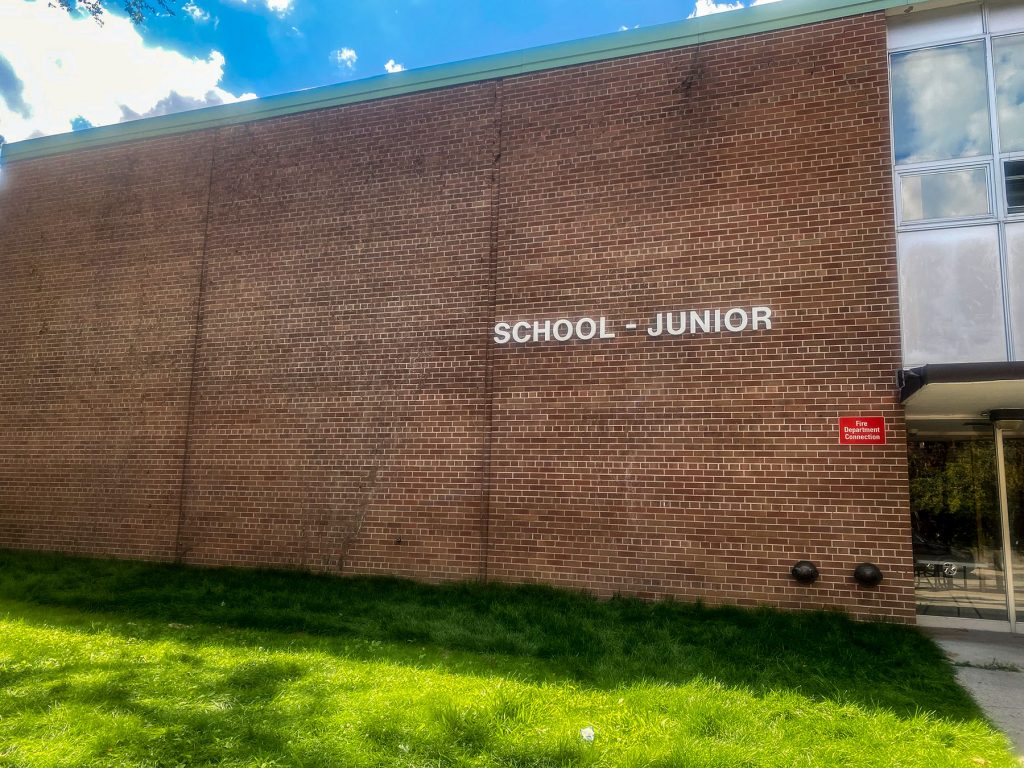TDSB staff face a wall of criticism from neighbours and volunteers

By Madeline Smart
On July 16, the community gardens at Palmerston Avenue Junior Public School which had stood for over 20 years were reduced to stubble without warning. The gardens have been a labour of love for generations of students, parents and community members since its inception, and were also a cornerstone of the school’s environmental education program.

On the day of their removal, the school’s principal, Rory Sullivan posted to the school’s community blog that the gardens had been removed by the Facilities Team due to “health and safety issues.” The post added that “evidence of vermin, syringes, blocking windows, roots getting into the foundation,” were all issues that led to the decision to remove the gardens. However, no one at the school or in the community was made aware of these issues prior to this post.
“We were all surprised,” said Trustee Chris Moise, who said that neither he nor the principal and the superintendent knew what had happened to the gardens until members of the community made them aware of it.
“For me the lesson learned is that we don’t want that to happen again to any of our schools, ‘’ Moise said.
The community wants the same but they also want some accountability.
A community engagement policy made by the TDSB in 2012 outlines that the community is to have a role in planning and decision-making within the education system and should be consulted when changes to it are made. The community at Palmerston Avenue Junior Public School feel as if this policy was violated when the gardens were taken down without their knowledge.
“It felt as if they just said to us ‘thanks for a hundred plus hours of labour but we’re going to destroy it’ and it’s unfair,” said Howard Law. Law and his wife Henny Markus have been working on the school’s garden since their daughter first enrolled in 2000 and have continued in the years after her graduation.
Markus, a professional gardener, was integral in expanding the gardens to include multiple plots. She just wished there had been a conversation, she said. She and other community members tending to the gardens kept in regular contact with the school and its grounds team – even during the pandemic. According to the couple, around half a dozen volunteers had been working on maintaining the gardens during COVID-19. They feel that if there were any issues, these volunteers could have fixed them.
“The most I’ve ever found [in the garden] have been pencils, pens, tennis balls and the occasional soccer ball,” said Markus. “You target the area where you think there’s problems with the foundation, you don’t completely destroy the garden.”
Law and Markus don’t know if they or other volunteers will return to working on the gardens when they get replanted.
The school and the trustee say they want to rectify the situation as much as anyone else.
“My intention here is really to have a meeting with the community and the principal and the superintendent to talk about their concerns and more importantly find a way forward because we want to replace the gardens and frankly it shouldn’t be at the cost of the community, it should be at the cost of the TDSB,” Moise said.
“For me this is a systemic issue that we need to address in a systemic way,” he added.
Moise predicts that the meeting will take place sometime early in September once school is back.
